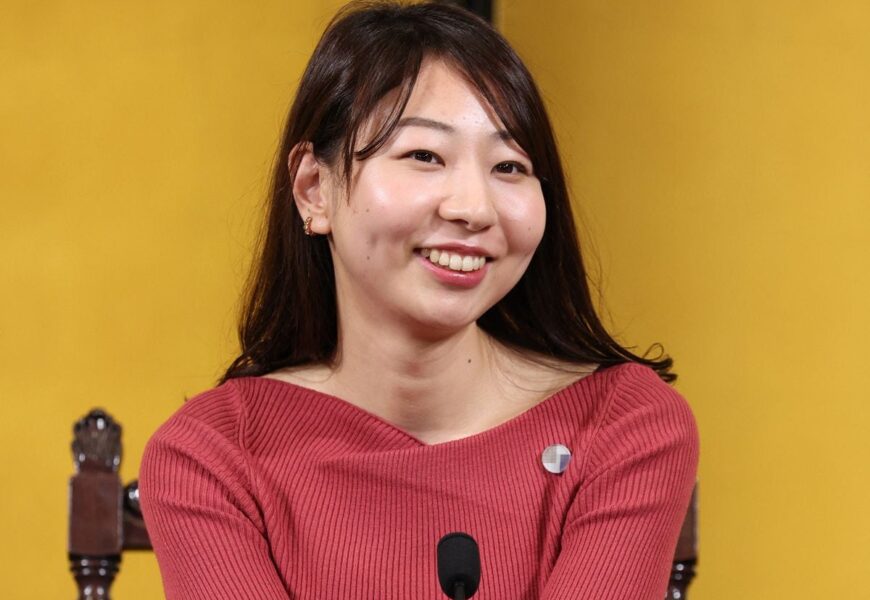Rie Kudan, the Japanese author who clinched this year’s Akutagawa Prize—the most prestigious accolade in Japanese literature—with a book containing approximately 5% of content generated by ChatGPT, advocates for the integration of artificial intelligence in the creative process. Emphasizing the potential of AI to compensate for personal shortcomings when utilized thoughtfully, the 33-year-old writer shared her perspective at Shinchosha, her publishing house, known for promoting her literary endeavors under the theme “A book of prophecies in the era of generative artificial intelligence.” Despite the minimal AI contribution, amounting to just one page out of 144 in her novel Tokyo To Dojo To (Tokyo’s Tower of Sympathy), Kudan garnered acclaim from the jury for crafting an “almost flawless” piece of work. This achievement echoes the legacy of the Akutagawa Prize, established in 1935, which jumpstarted the careers of luminaries like Kenzaburo Oe, the Nobel laureate in Literature for 1994. The announcement of Kudan’s triumph came in January.
A pivotal moment in contemporary Japanese literature unfolds as the protagonist, an architect tasked with designing a sophisticated high-rise prison in central Tokyo, engages in a profound dialogue with an artificial intelligence system named AI-built. The dialogue delves into the rationale behind labeling criminals with the Latin term homo miserabilis. Displeased with the patronizing demeanor of the AI’s response, the architect challenges its comprehension abilities, highlighting its apparent incapacity to read. In response, the text-generating AI, oblivious to its reading limitations, critiques the term “illiterate” as derogatory and potentially discriminatory. Kudan, reflecting on this exchange, aimed to provoke contemplation on the fundamental nature of language.
The revelation that a fraction of the book was AI-generated sparked a sense of unease among editors, as noted by the author, who expressed surprise at the widespread global media coverage. While some readers on Amazon praised the incorporation of AI dialogues as “refreshing,” others lamented the perceived prioritization of style over substance, recommending the book more for university entrance exam preparation. Drawing inspiration from Pedro Almodóvar’s cinematic creations and the literary works of Yukio Mishima, Kudan suggests that Tokyo To Dojo To can be interpreted as a narrative intricately woven around architectural themes. She affirms her commitment to leveraging generative artificial intelligence in her future works, citing its capacity to unlock creative potentials, albeit acknowledging the existing ambiguity in Japanese AI regulations.
The realm of artificial intelligence in Japan extends extensively within corporate domains, as highlighted in a recent survey by NHK, the public broadcaster. Out of 100 major Japanese enterprises surveyed, 86 acknowledged using AI for document synthesis, creation, or in tandem with their proprietary systems for advanced applications. Following the European Parliament’s landmark decision to secure majority approval for the world’s inaugural comprehensive AI regulation, Japan’s ruling Liberal Democratic Party (LDP) announced plans to introduce a similar legislation aligning with comparable objectives.
Guided by directives from the Japan Deep Learning Association (JDLA), a scholarly consortium established in 2017 to advocate for novel generative technologies in industries and address demographic shifts, numerous Japanese companies adhere to stringent regulations. Noteworthy is the governance of a distinguished science fiction literary competition christened after the renowned author Shinichi Hoshi (1926-1997), where works generated by AI are permissible provided they undergo human editing. Additionally, entrants are mandated to disclose the prompts used, enabling the judging panel to discern the creator’s motivations and original intent.










